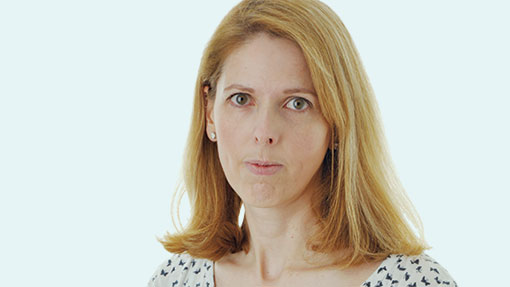Opinion: Farmers can be cautiously optimistic about Liz Truss

It is becoming depressingly routine to welcome a new secretary of state to Defra every couple of years. So the sacking of Owen Paterson as part of this week’s government reshuffle should not have come as a huge surprise.
It is true Mr Paterson made few friends – if any – among animal welfare campaigners and environmentalists during his 22 months in office and there was a very vocal group calling for his removal.
However, he was largely respected among the farming community for his detailed understanding of farming issues, focus on the importance of food production and his strong commitment to tackling bovine TB.
While the tributes from farm leaders may not have been as warm and effusive as when Sir Jim Paice left office in 2012, all acknowledged Mr Paterson’s hard work and dedication to the farming industry.
Mr Paterson’s departure inevitably raises questions about the future of the badger cull, but promisingly, Ms Truss’ voting record shows she twice voted in favour of culling during House of Commons debates in 2013
His replacement – South West Norfolk MP Liz Truss – has a big brief to learn and not much time to do it in. She is a former education minister, with a background working in the energy and telecommunications industries. But farmers in her rural constituency who have met her report that she is more than capable of learning what she needs to know.
The badger cull, implementation of CAP reform and flood defence spending are probably three of the biggest issues facing Ms Truss from an agricultural perspective and farmers will be looking for positive answers on all three.
Mr Paterson’s departure inevitably raises questions about the future of the badger cull, but promisingly, Ms Truss’ voting record shows she twice voted in favour of culling during House of Commons debates in 2013. Livestock farmers caught up in the misery of bovine TB will be relying on the fact she still feels the same way and that the policy will remain on track.
See also: Truss confirms badger cull will continue
The implementation of CAP reform is also at a crucial point, with farmers desperate for clarification on the detail of new rules that will apply from 1 January. Reassuringly, the subject matter will not be completely new to Ms Truss – in December she led a delegation of local farmers to meet farm minister George Eustice to discuss their CAP concerns. However, it is crucial she makes sure Defra delivers answers to some of the outstanding questions within the next few weeks.
It will also be interesting to see whether she will be able to put the money where her mouth is on the issue of flooding now she is in office. Ms Truss has previously taken an interest in flooding issues, arguing that flood prevention schemes do not put a high enough value on farmland. Could her appointment herald a change in approach?
Other crucial issues include the controversy around the withdrawal of neonicotinoids and the threat facing other active ingredients. Mr Paterson was vociferous in his determination that decisions should be based on science and this attitude needs to prevail.
The recent sacking and replacement of Welsh farm minister Alun Davies, and the tense relationship between Scotland’s minister Richard Lochhead and Defra, also mean it is important that Ms Truss builds a good relationship with all her counterparts in the devolved regions.
Ms Truss will inevitably be on a steep learning curve over the coming weeks and months as she finds out more about food and farming. On the basis of what we know so far it looks as if the agricultural industry can be cautiously optimistic about its newest recruit. But only time will tell.
Isabel Davies is Farmers Weekly’s content editor.
